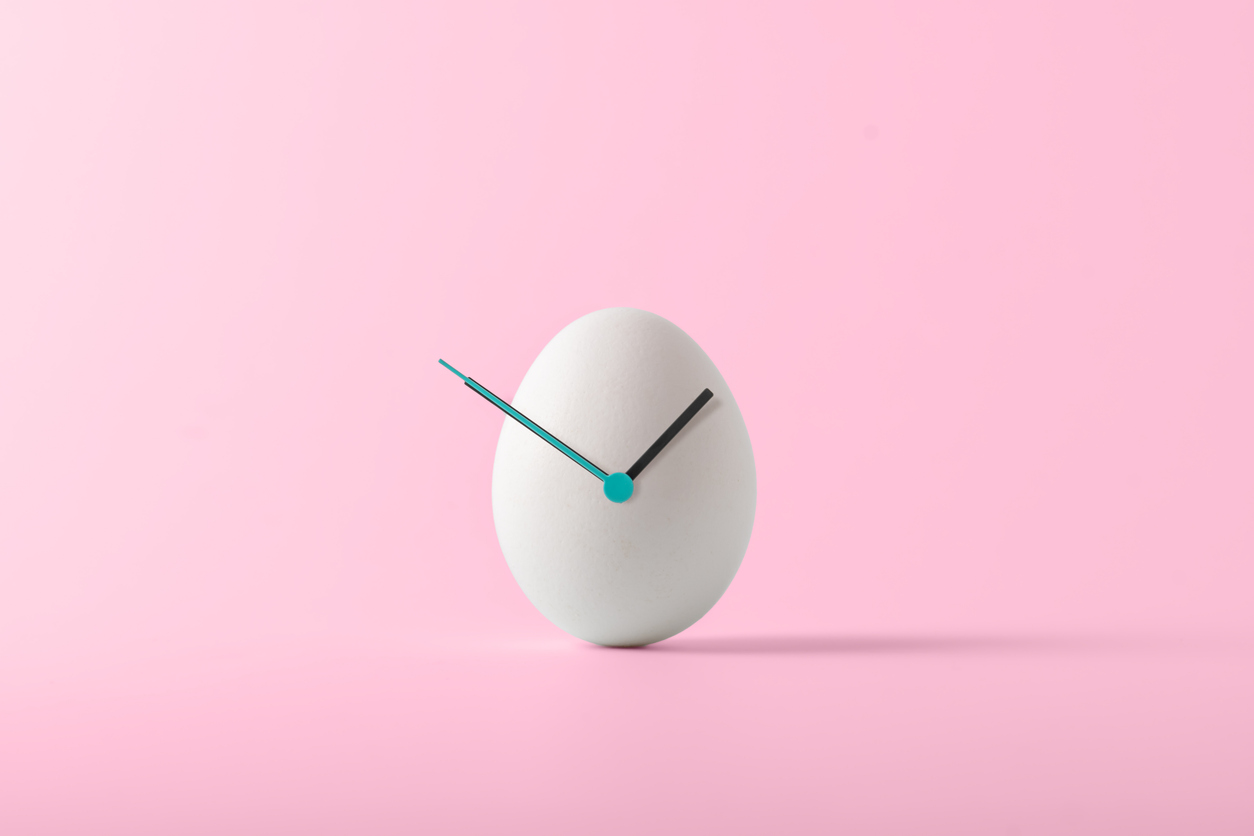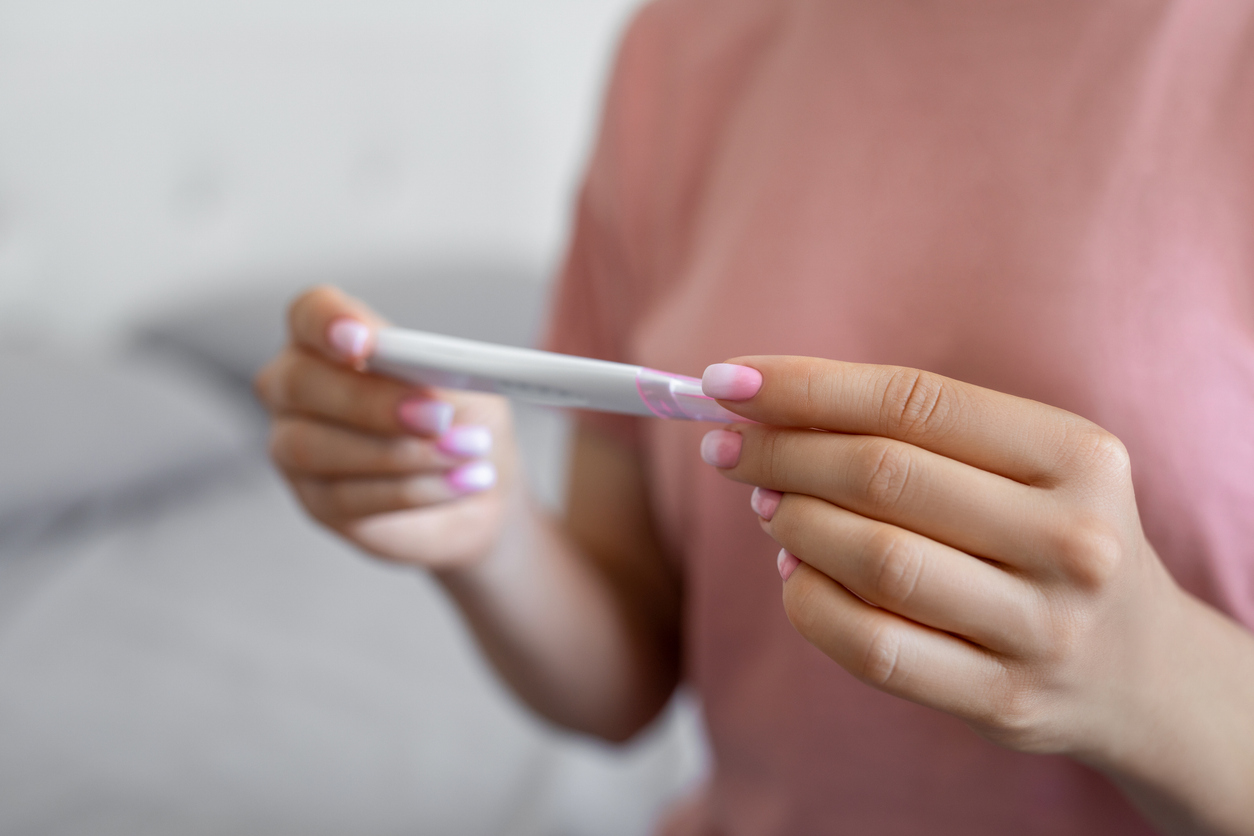Anti Mullerian Hormone (AMH) & Ovarian Reserve

Before commencing fertility treatment you will likely undertake a fertility assessment which consists of a series of routine fertility tests. One of those is an AMH test which measures your ovarian reserve. So what is AMH and ovarian reserve and how does it relate to fertility? In this blog we discuss AMH levels and what they mean for you. It is important to note that while AMH levels offer important insights for individuals and couples planning a pregnancy, results should be interpreted by a Fertility Specialist or healthcare provider within the context of a more comprehensive fertility assessment.
What is AMH?
AMH stands for Anti-Mullerian Hormone. It is a hormone produced by the granulosa cells located in the ovarian follicles. The ovarian follicles are small sacs within the ovaries that contain the eggs. The level of AMH in a woman’s blood is indicative of the number of small developing follicles present in the ovaries which is a good representation of the number of eggs remaining. This is also termed ‘ovarian reserve’.
Women are born with all the eggs they will ever have. Unlike men who continuously produce sperm, a woman’s egg supply cannot be replenished. Every woman’s egg supply is different and both the quality and quantity of your eggs declines with age, with age being the most significant factor influencing AMH levels and ovarian reserve. There is no way to know precisely how many eggs you have left, however AMH levels can guide us. AMH levels will also naturally decline with age.
AMH levels are measured through a simple blood test that can be carried out at anytime throughout your menstrual cycle because, unlike other fertility hormones, your AMH level is relatively stable throughout your cycle. Testing AMH has become a well-researched1, reliable way of estimating egg numbers and widely used by fertility clinics around the world including Adora Fertility as an indicator of future fertility potential. There is some evidence that being on long term contraception with the pill may artificially decrease the AMH result by about 30%. If wanting the most accurate AMH test it is worth considering being off the pill for 2-3 months prior to the test.

How are AMH results used?
As the AMH test gives an estimate of egg numbers, AMH can be a useful tool to help woman make an informed choice about when to try for a baby. The results of an AMH test are particularly useful for those women who may be concerned with their fertility, have a family history of premature menopause or who are considering having a family but not quite ready and not sure how long they should wait. It is important to stress that AMH is a marker of egg number not quality and generally it is the quality of the eggs that is the major determinant of fertility potential. Patients over 35 should not be falsely reassured by a normal or high AMH as the egg quality will be declining after age 35 and this is generally more important than the egg number. Egg freezing provides a good option for woman not yet ready to start their family as eggs can be preserved at a time when quality and quantity are higher as determined by your AMH levels.
What AMH won’t tell you
Many women believe that AMH directly equates to pregnancy chances, this is not true. Your ability to conceive depends on many factors, including your age, egg quality, overall reproductive and general health, lifestyle, and male fertility factors. The results of your AMH test can give you an indication of your fertility but the AMH test only assesses your egg quantity not your egg quality. This is why your Fertility Specialist or healthcare provider will interpret AMH levels as part of a more comprehensive fertility assessment.

Understanding your AMH levels
Low AMH
A low AMH result indicates a low number of eggs in the ovaries. This doesn’t mean you cannot get pregnant or that the quality of your eggs is poor. If your test shows a low AMH level, this indicates that you have a smaller reserve of eggs (on average) than other women your age. This could be due to a number of reasons including lifestyle, previous medical treatment such as chemotherapy, or conditions such as premature menopause or diminished ovarian reserve. In IVF, if you have a low AMH, you may produce only a few eggs that are suitable for fertilisation each cycle.
Optimal/normal AMH
A normal or optimal AMH level shows that you have an average number of eggs compared to other woman of the same age and that generally, you should respond well to IVF stimulation.
High/very high AMH
If your result shows high AMH levels, this means you have many follicles. High AMH levels are often seen in women with Polycystic Ovarian Syndrome (PCOS), who typically have lots of follicles that do not develop properly. A high AMH carries the risk of Ovarian Hyperstimulation Syndrome (OHSS). OHSS is where you produce too many eggs in response to the fertility medications for ovarian stimulation. To reduce the risk of OHSS, fertility medications are tailored to ensure a safe response.

Further Ovarian Testing
Depending on your AMH results, your Fertility Specialist may advise additional tests. These could include:
FSH blood test: An FSH blood test measures Follicle Stimulating Hormone, which is the hormone that stimulates eggs to mature. By testing FSH levels early in your menstrual cycle, we can see how much FSH your body needs to produce to mature your eggs. If the level is high, this can mean a low ovarian reserve.
Antral follicle count: An antral follicle count is an ultrasound scan of your ovaries to visually count the number of follicles that can be seen.
The results of these tests, together with your AMH result, give your Fertility Specialist the most comprehensive picture of your functional ovarian reserve to help guide fertility treatment and next steps for pregnancy.
More Information
If you have any questions about AMH or would like to explore fertility treatment options, please contact us. We have clinics located in NSW, VIC, WA and QLD and assist individuals and couples throughout Australia to achieve their dream of having a baby.
Sources
- Anti-Müllerian Hormone: Ovarian Reserve Testing and its Potential Clinical Implications: https://pubmed.ncbi.nlm.nih.gov/24821925/
- Evaluation of Female Fertility – AMH and Ovarian Reserve Testing: https://pubmed.ncbi.nlm.nih.gov/35100616/



